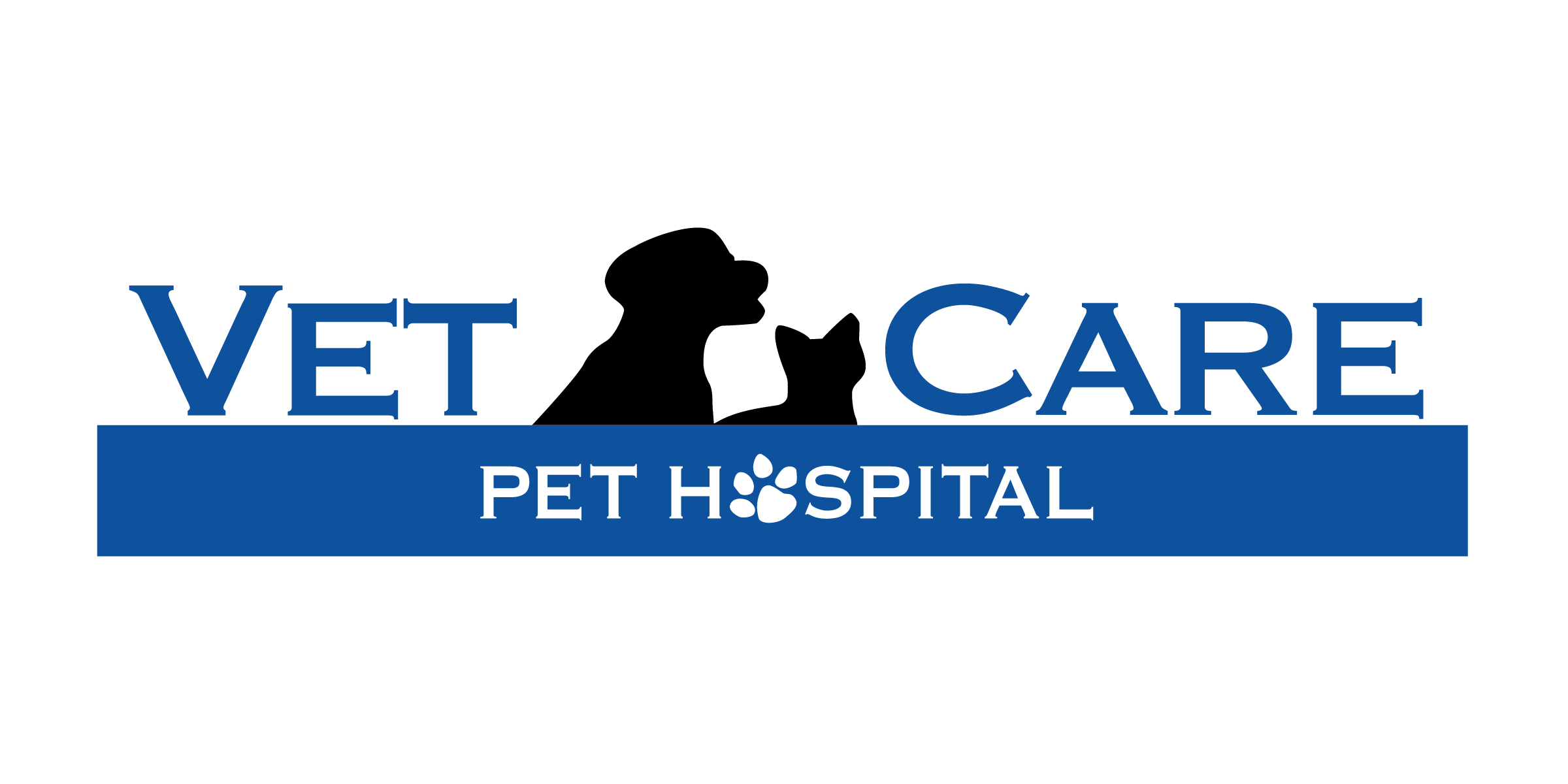All dogs are exposed to worms when they first drink their mothers milk: sounds crazy? The worms and dogs have been evolving together for hundreds of thousands of years, and this ensures that each generation will pass it on to the next. The worm parasites lie dormant in the tissues of females sometimes for years waiting to be activated at the time of giving birth. Once activated they make their way to the mammary glands where they enter into the milk on their way to the new host.
How do dogs get worms?
There are multiple types of worms that dogs can become infected with, above is an example of one method that one type of worm is spread to the next generation. Most worm parasites found in dogs are transmitted from one to the next via environment. When an infected dog poops the worm larvae leave the poop and enter into the grass and soil, the next dog to come along only has to brush past these larvae for them to attach to hair and be ingested from licking the fur at a later time.
How do worms affect my dog?
Different worms affect them differently. Some eat the partially digested food from the intestine, others eat the intestinal lining, or drink the dogs blood from the inside. Another group feed by burrowing into the tissues and living there. Each worm type has a very specific behavior and some worm types cause more issues than others. Some infections cause no symptoms at all others can be so severe that they result in death. Whip worm infections can rapidly result in anemia and low protein levels in small or young dogs. If not addressed in time they can prove fatal if present in large enough numbers. Sarcocysits burrow their way into the host’s tissues, hide out in the muscle and rarely causing any symptoms.
How do we treat worms?
Worms are easily treated with a number of different methods. The most effective method of treatment is with licensed medications, this class of drug has a very high safety rating and is widely used in dogs. For some types of worms Diatomaceous earth can help manage infections and is an organic approach to managing preexisting infections, its use is popular however its efficacy is often dubious. The best method of controlling worms is by reducing the numbers of worms in the environment by “Picking the Poop” aka cleaning up your dog’s poop daily you reduce the chances of worms entering the environment.
Does my dog have worms?
Most dogs have low numbers of worms and this number is kept in line by the immune system and topical application of flea/worm products like Revolution. However depending on the immune systems function and the burden in the environment the worms my overwhelm the bodies natural defenses and make the dog sick. Is a quick cost effective procedure to check the dogs poop for numbers and types of worms; the process is know as a “fecal float and smear”. If worms are present the attending veterinarian can prescribe a de-wormer that will eliminate the infection for you.
For more questions on worms, please contact our animal hospital team!




